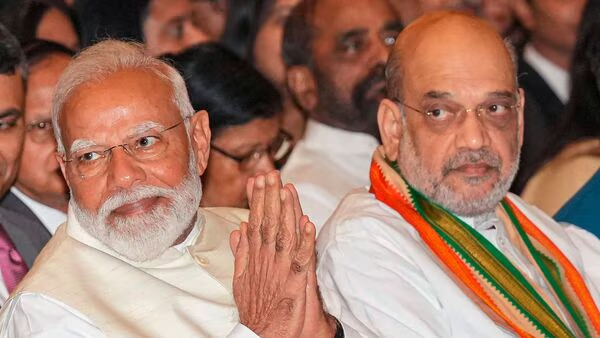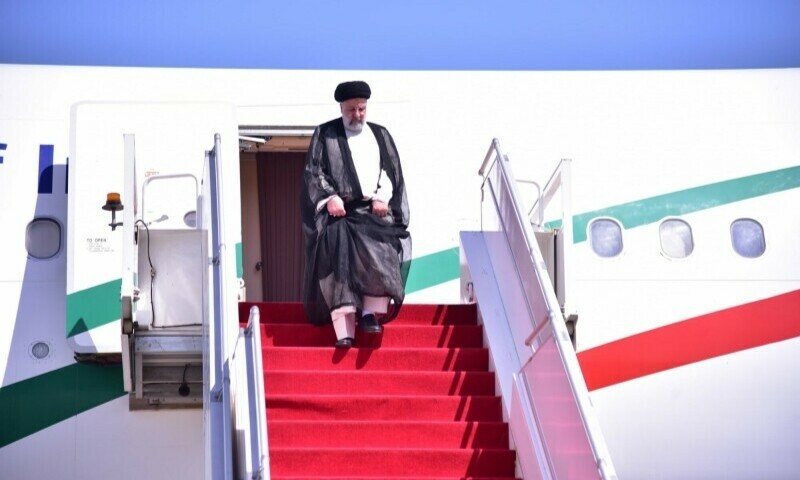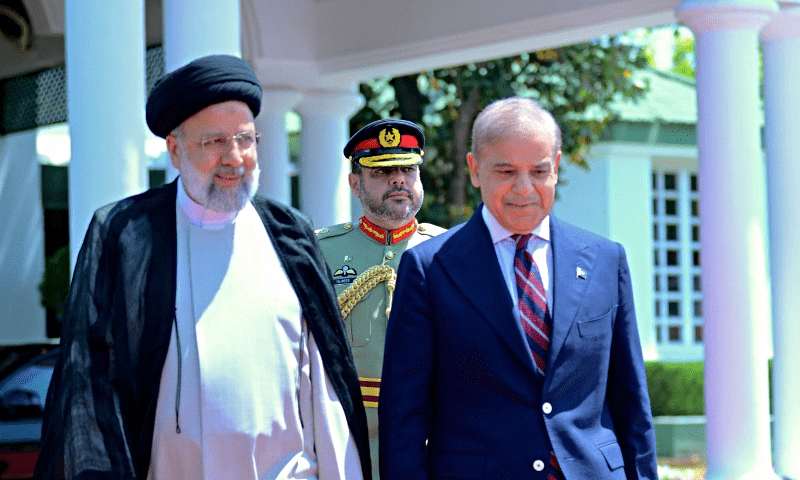PTBP Web Desk
Venezuelan opposition leader and prominent democracy activist María Corina Machado has been awarded the 2025 Nobel Peace Prize in recognition of her relentless struggle to restore democracy and protect human rights in Venezuela.
The announcement was made by Jørgen Watne Frydnes, Chair of the Norwegian Nobel Committee, during a press conference held in Oslo on Friday. The committee praised Machado for her courage, resilience, and peaceful resistance in the face of intense political repression under the government of Nicolás Maduro.
“For her persistent efforts to restore democratic governance in Venezuela through peaceful means and her steadfast defense of human rights despite severe personal and political risks,” the Nobel Committee said in its citation.
This year’s award, one of the world’s most prestigious honors for peace and human rights advocacy, brings renewed international attention to Venezuela’s prolonged struggle for democracy amid deep political and economic crises.
María Corina Machado’s journey from industrial engineer to the face of Venezuela’s democratic resistance is one marked by determination, sacrifice, and unyielding faith in peaceful reform.
The Nobel Committee recognized Machado’s “uncompromising dedication” to democratic values, even as she faced political persecution, intimidation, and travel bans imposed by the Venezuelan regime. Her activism, the committee said, “embodies the spirit of nonviolent struggle that underpins lasting peace and justice.”
The award follows her earlier recognition in 2024, when the European Union awarded her and fellow opposition figure Edmundo González Urrutia the Sakharov Prize for Freedom of Thought — the EU’s highest human rights honor. The European Parliament described them as “representatives of the people of Venezuela fighting to restore freedom and democracy.”
Born on October 7, 1967, María Corina Machado is a Venezuelan politician, industrial engineer, and the National Coordinator of the political movement Vente Venezuela, a liberal party advocating for free-market policies, democracy, and civil liberties.
Machado began her political career in 2002 by founding Súmate, a citizen-led vote-monitoring organization aimed at ensuring transparency in Venezuela’s electoral processes. Her early activism drew international attention and made her one of the most visible critics of former President Hugo Chávez.
She served as a member of the National Assembly from 2011 to 2014, where she was an outspoken advocate for democratic reforms and institutional accountability. Her tenure was cut short after she was expelled by the government, accused of “treason” for addressing the Organization of American States (OAS) about Venezuela’s human rights abuses.
Machado’s political philosophy centers on what she calls “popular capitalism,” a vision of widespread economic participation and privatization as tools to rebuild Venezuela’s economy. She has long supported the privatization of state-owned enterprises, including the oil giant PDVSA, arguing that corruption and inefficiency in public enterprises have deepened Venezuela’s economic collapse.
Her economic views often put her at odds with other factions of the opposition, but she remains one of the most influential voices for free-market reform and political pluralism in the country.
In 2018, the BBC listed her among its “100 Women” for her contributions to politics and activism. In 2025, Time Magazine named her one of the world’s 100 most influential people, cementing her global reputation as a symbol of democratic resistance.
Despite her rising international profile, Machado continues to face severe restrictions at home. The Maduro government has banned her from leaving Venezuela, citing spurious charges of “corruption” and “treason.”
In 2023, she won overwhelming support in the Venezuelan opposition presidential primaries, emerging as the main challenger to Maduro. However, the regime quickly disqualified her from contesting the presidential election, alleging “administrative irregularities.”
Refusing to abandon the democratic cause, Machado threw her support behind Edmundo González Urrutia, who became the unified opposition candidate in the 2024 Venezuelan presidential elections. Her ability to rally the opposition around a single figure demonstrated her enduring political influence and leadership.
Machado’s Nobel Peace Prize is expected to strengthen international calls for free and fair elections in Venezuela. Human rights organizations and world leaders have lauded the decision as a timely recognition of the courage displayed by Venezuelan civil society in the face of decades of authoritarian rule.
According to analysts, the award may also increase diplomatic pressure on the Maduro regime to restore democratic processes and release political prisoners.
Her recognition by both the Nobel Committee and the European Parliament underscores the growing global consensus that Venezuela’s democratic future depends on continued international solidarity with its opposition movement.




